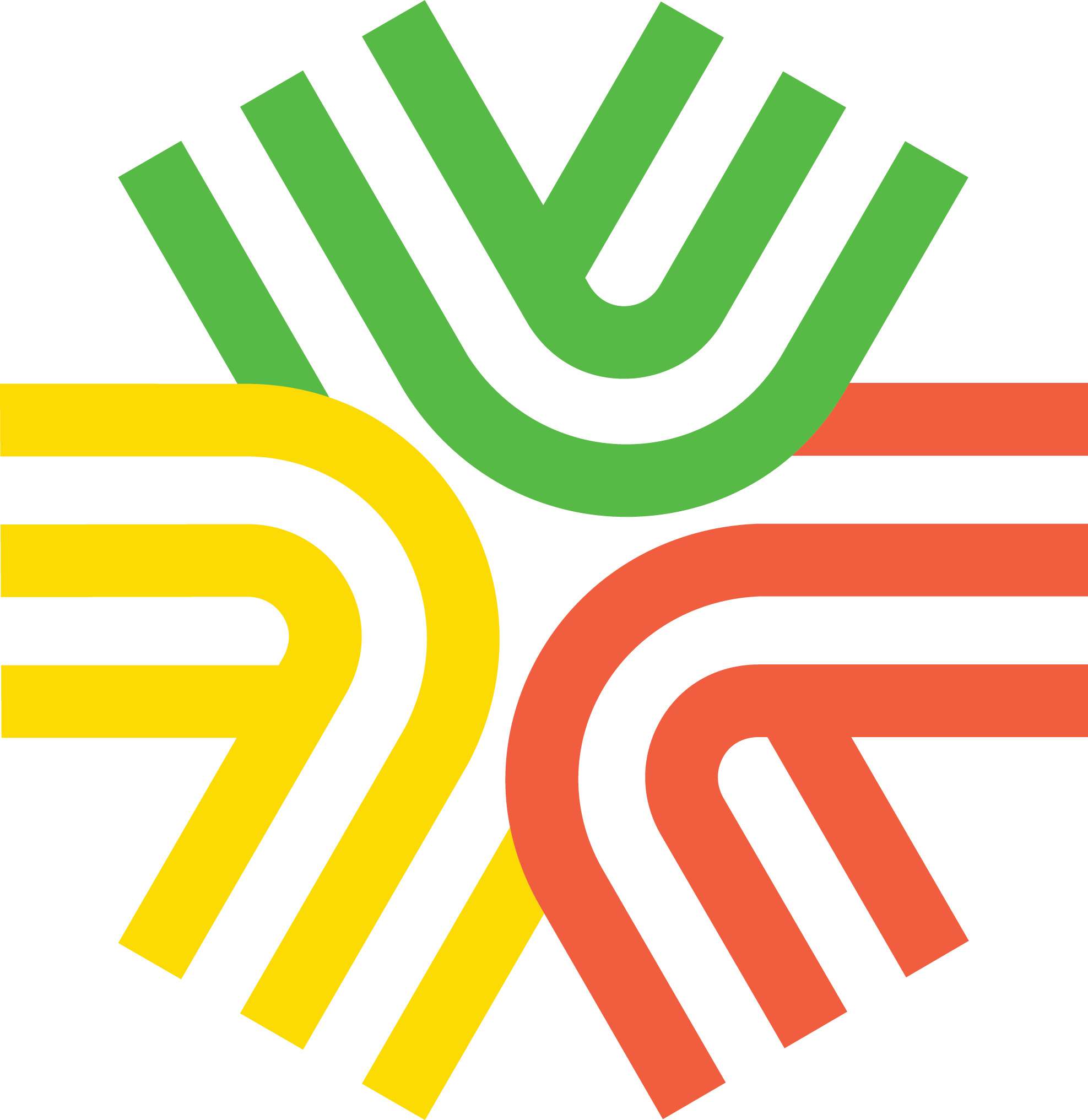Promoting Students to be Inquirers & Knowledgeable
Through our first Unit of inquiry our students have become great inquirers by looking into what is our identity, well-being and relationships. Our students became knowledgeable about what these concepts mean and were able to use that knowledge when creating their family shields to express their identity. To take their knowledge further in groups they made small role-plays of what interactions look like. Helping students learn in different ways allows them to fully develop as a learner. Giving them agency to share their learning also helps motivate students willing to learn more.
Fostering their curiosity is essential for them to become better inquirers. It can be promoted by something as simple as asking questions or sharing fun facts. Asking children questions that make them think will light the spark of curiosity, and hopefully after some time they will be the ones asking the questions. Showing them it’s ok not to know the answers to all questions but also the fact that we can find out those answers by inquiring is the essence of the PYP. Make them think, ask for their opinion, their tastes, essentially talk and share ideas with them. As adults we need to be role models for the children. There are infinite ways in which we can become knowledgeable such as reading books, watching documentaries, learning new languages and even by playing and through games.
We want our students to become curious and interact with their surroundings, children learn by playing. Promoting them to explore and understand the world around them will allow them to make great discoveries and connections within their learning. This understanding will also help them become independent.
Promoting play in all of its ways is as important (or even more) as academic learning. Like we have been learning in Grade 1, it is essential to be knowledgeable but also balanced. Finding that balance between academics but also playing is essential for a good development of children. Having good habits and routines will also help students reach their full potential as learners. This means having a good healthy balanced diet, doing exercise and resting. When we sleep it’s the time when our brain stores and makes meaning of what has been learnt. Without it our brains are not able to store that information, not leaving space for the new knowledge. Helping them understand that we need to have good habits will also allow them to have agency and make good choices in their future.
Children need to play and they learn while doing this. They ask questions when exploring their surroundings trying to make meaning of it. Their environment and surroundings influence the way children learn and also making them responsible for it will help them gain agency and independence, taking care of their things will also help them understand the value of things.
We believe that the development of students is essential and building these good habits will help them grow as learners. Fostering their curiosity is key to becoming great inquirers.
Ana Sarasua





